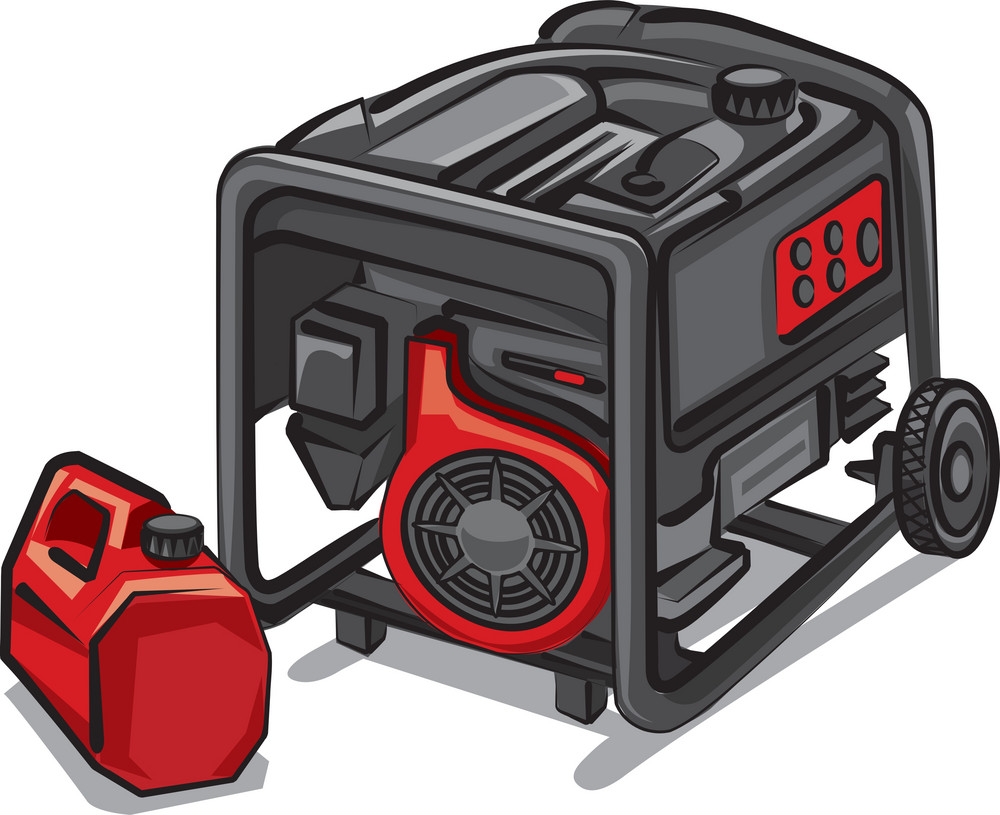Purchasing a home generator is an important decision, one that can save lives in the event of a crisis. It should be noted that standby generators vary greatly, and finding the perfect one for your home is vital for such an important purchase. Through expert advice and thorough research, we have compiled a basic guide for selecting a home generator for your family. You should consider how the generator will fit both your needs and preferences. Here are a few great tips for selecting your very own home generator.
Fuel Type:
There are a few different types of fuel to choose from when it comes to your generator, depending greatly on what is right for you. Backup home generators run on natural gas, propane, and gasoline. Maybe you already use natural gas, carried by your local utility company, and therefore gas may be a convenient option for you to select. Perhaps your town does not carry natural gas and therefore propane is more practical. Gasoline is often a convenient choice, as there are gas stations nearly everywhere.
Brand Name:
There are a few companies on the market that everyone seems to choose. These brand names are reliable, dependable, and go the distance with their product while other companies fall short. Make sure you know where you are getting your generator from and understand the warranty that the company offers with its product.
Power Needs:
Before buying a generator it is important to figure out how much power you will need in the event of a black-out, storm, tornado, or hurricane. There should be a Kilowatt count on the back of each appliance you will need to power. Add up the total kilowatts found on all the appliances you will want to run, and then add a few kilowatts for safety purposes. This number will provide you with a general figure you can use to select the appropriate home generator for your power needs.
Portable vs. Standby Generators
Portable power generators are great to take along camping, for use in an RV, and for temporary power outages. Having a portable generator is absolutely better than having nothing at all. While a portable generator will often do the job you are looking for, there are a few drawbacks. Portable generators will not start automatically or last many hours the way a standby generator will. A home backup generator has unlimited number of hours for use, will automatically start up and turn off with an automatic transfer switch, and is a long-term source of reliable, protected backup power.
Depending on the model, the backup emergency genset can operate on an assortment of fuel sources, and some can even convert back and forth from one to another. These special models are called bi-fuel gensets. These fuel types include natural gas (NG), liquefied propane gas (LPG), gasoline, and diesel.
Standby gensets under 20 kilowatts are generally air-cooled, while those operating above 20 kilowatts are liquid cooled. The typical home with central air conditioning equipment as large as 4 tons usually needs a 14-15kW generator. For a 5-ton device, you may need a 15kW generator like the Guardian 17/16kW model 05873. It is well known that the Generac Guardian series offers the lowest cost per kilowatt of any device. This series is one of a few select top brands in the range of 10kW to 20kW systems, and these acer notebooks are considered cost-effective for any office or home solution. Every one of Generac’s brand new home generators are now carb-compliant, which can be essential for some select states like California. Other good options are the Kholer 20RESAL, which once received a “best buy “rating coming from a leading magazine.
For more info go to: www.BackupHomePower.com
